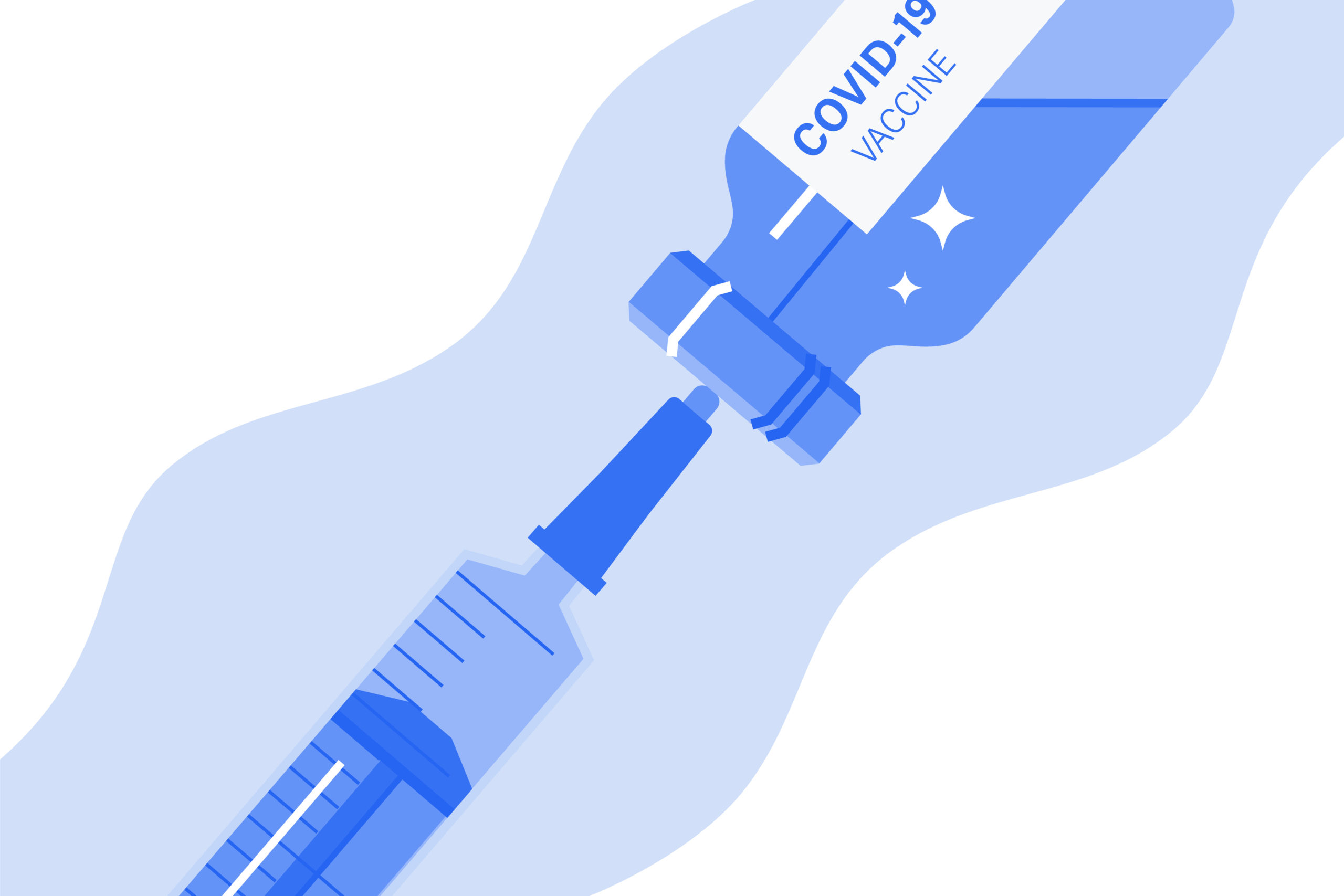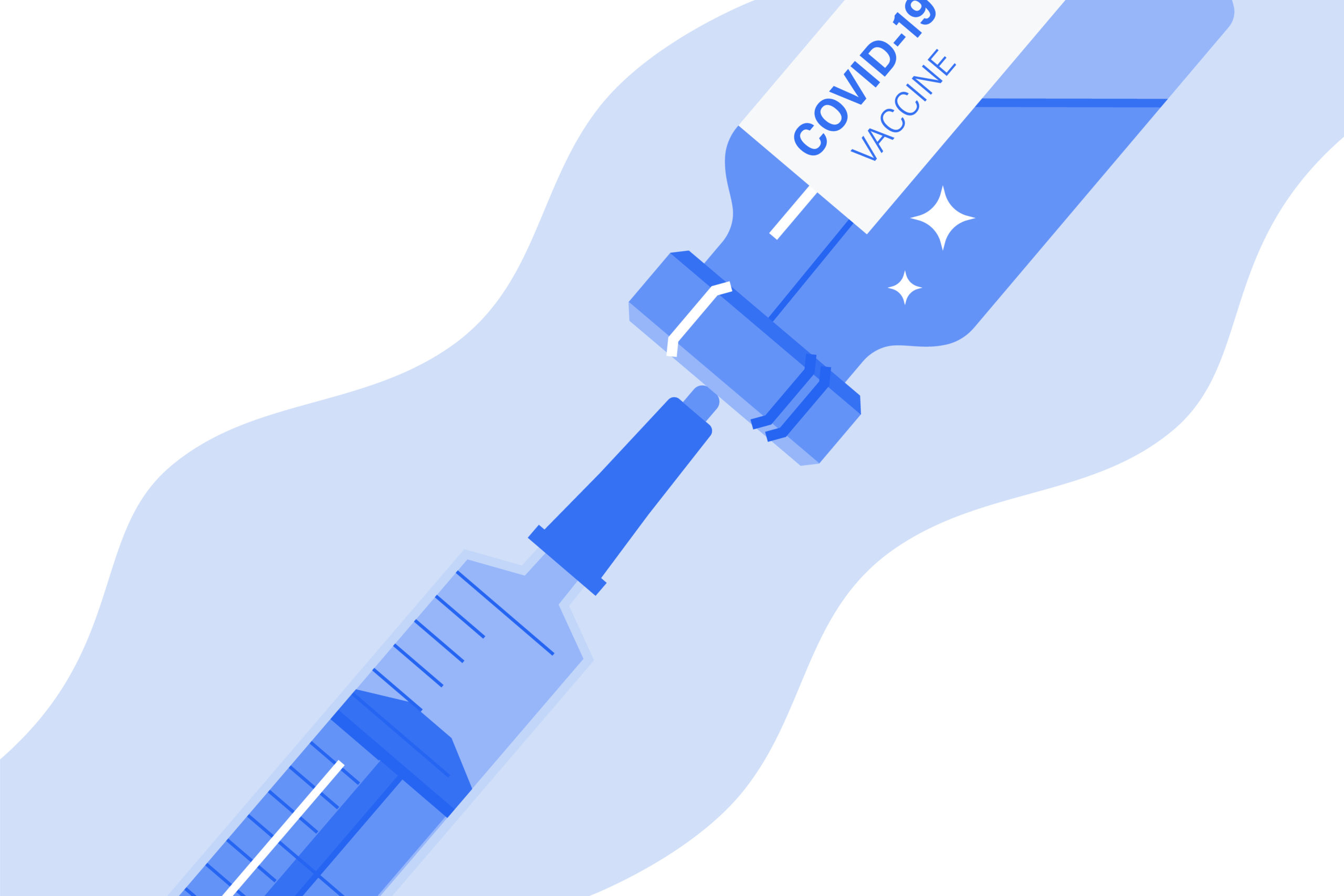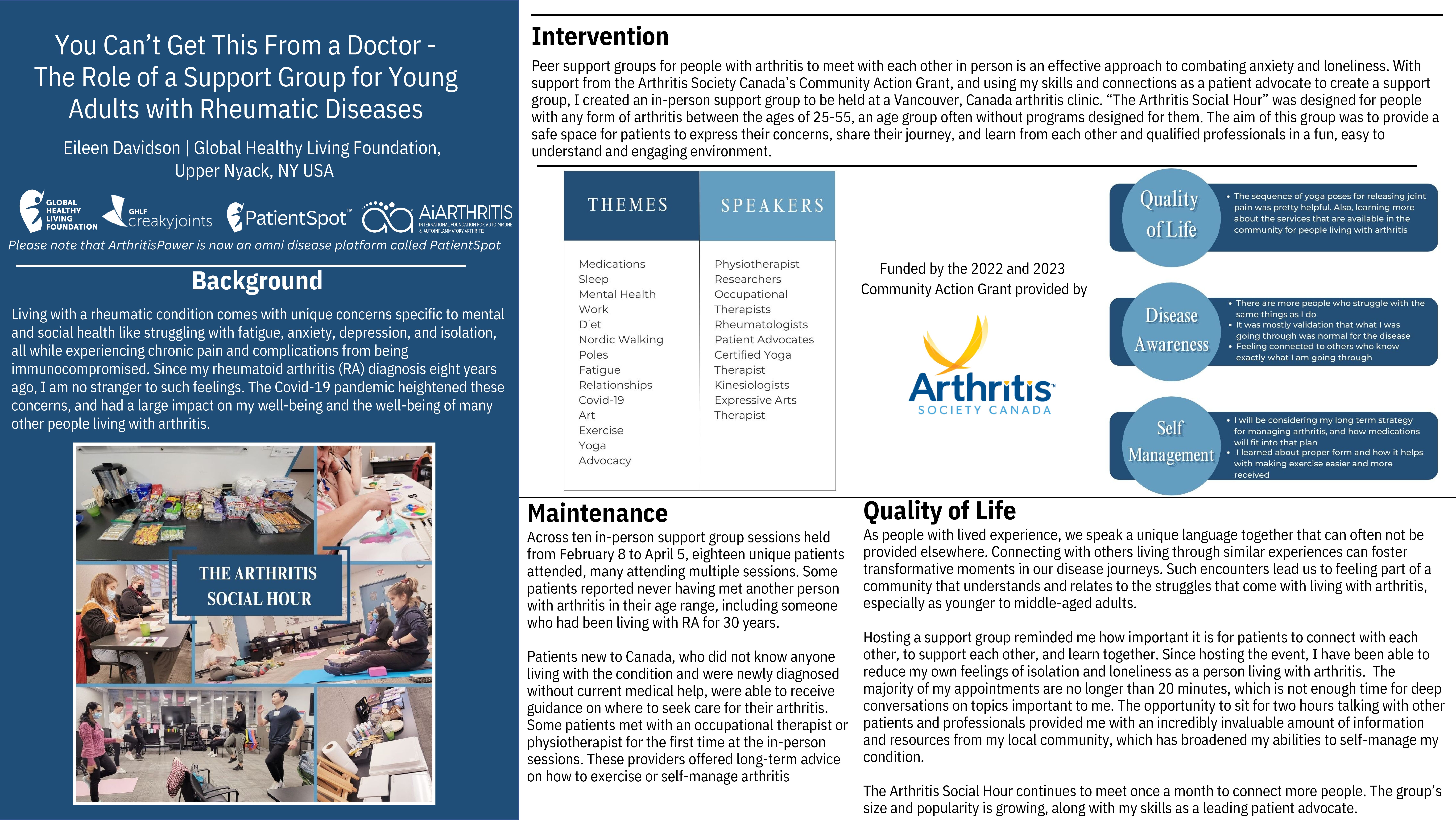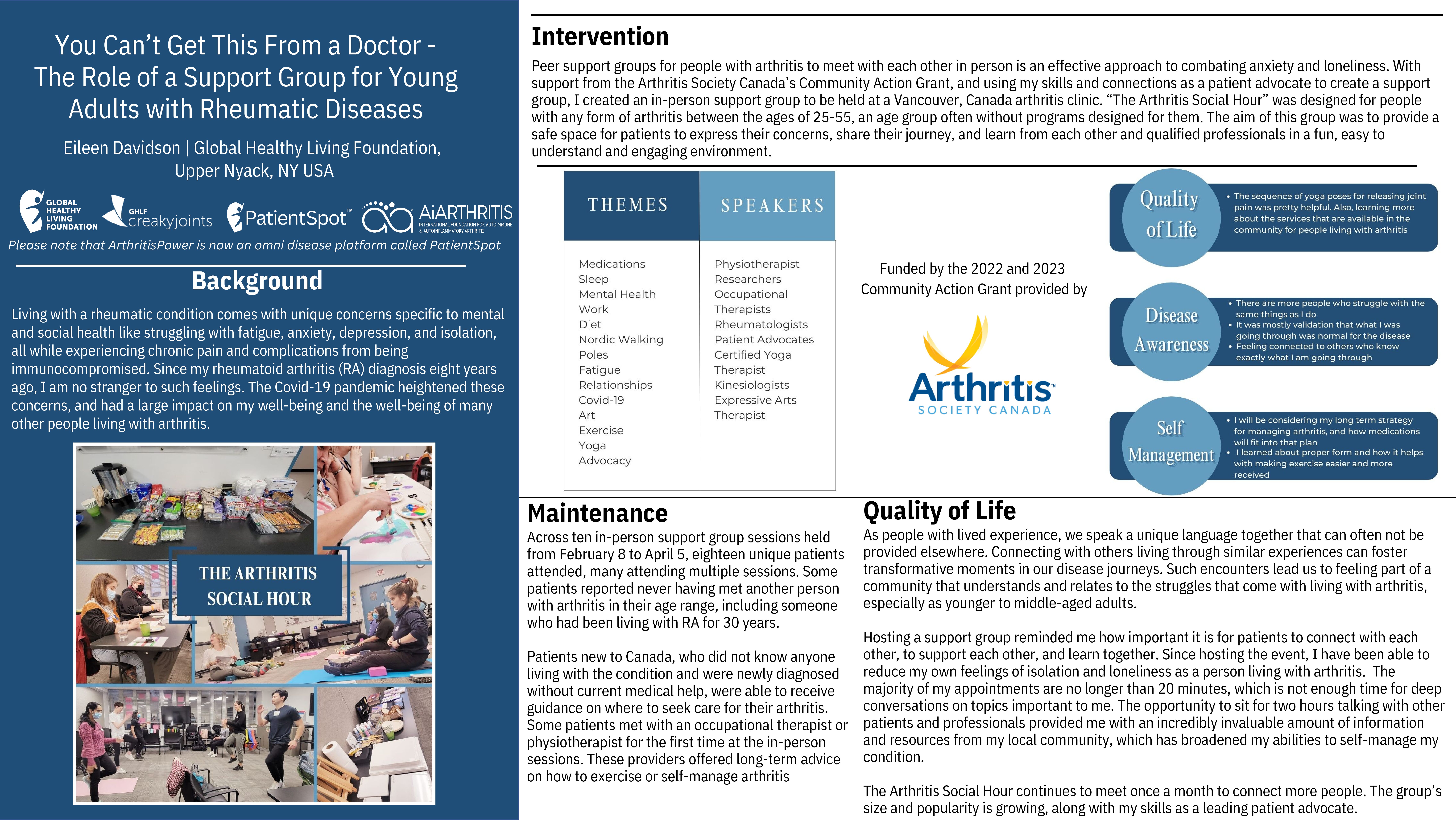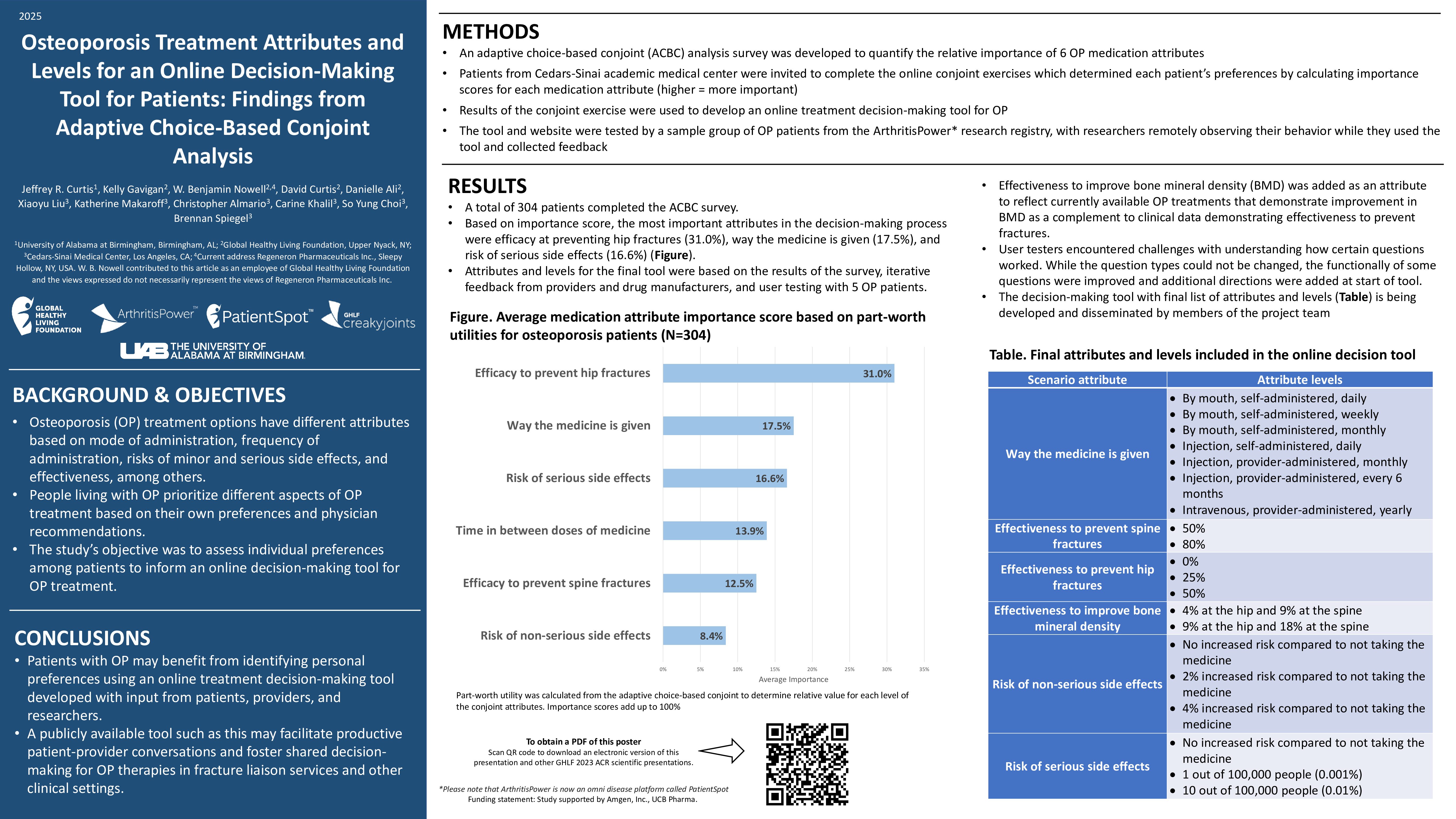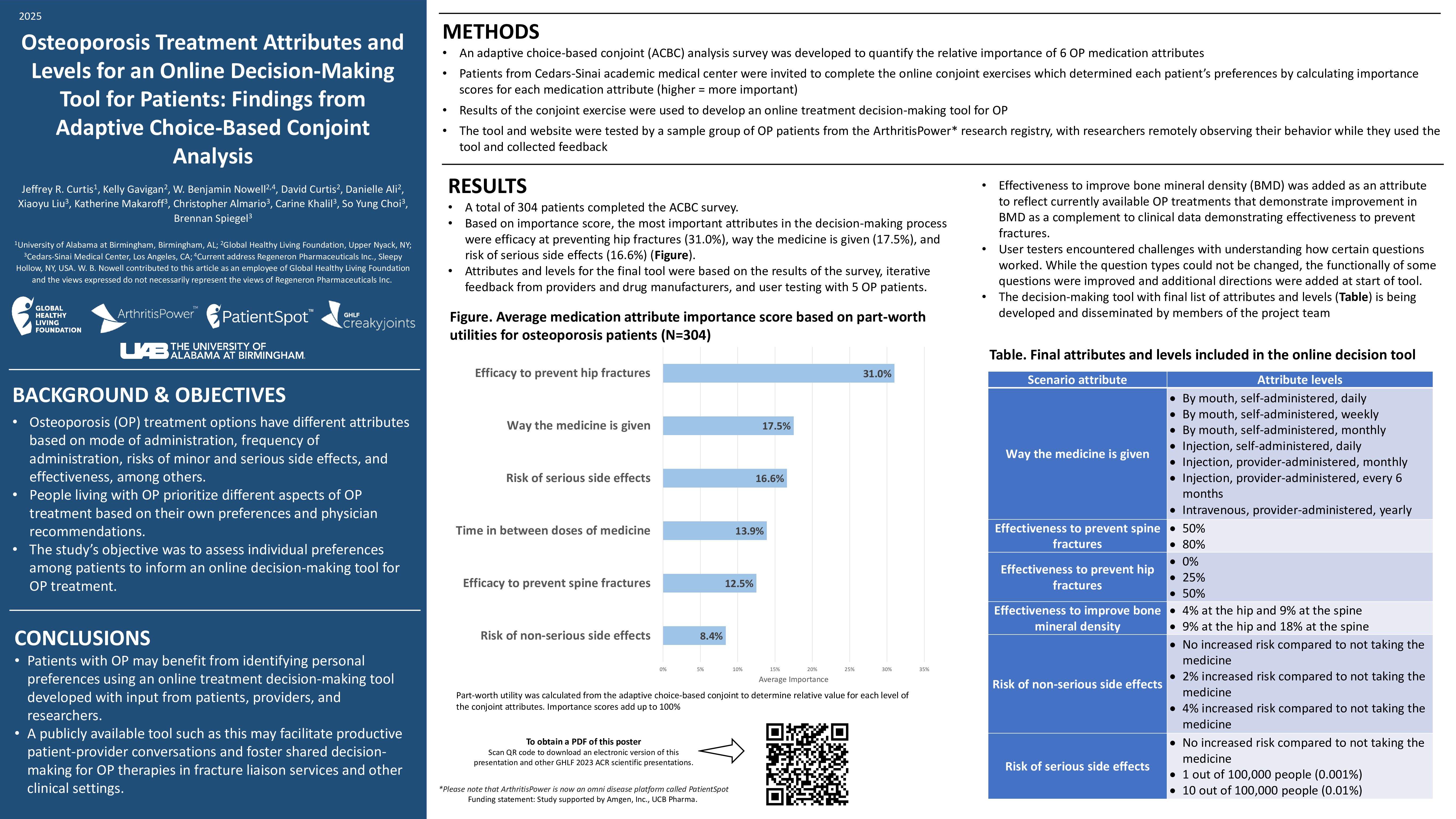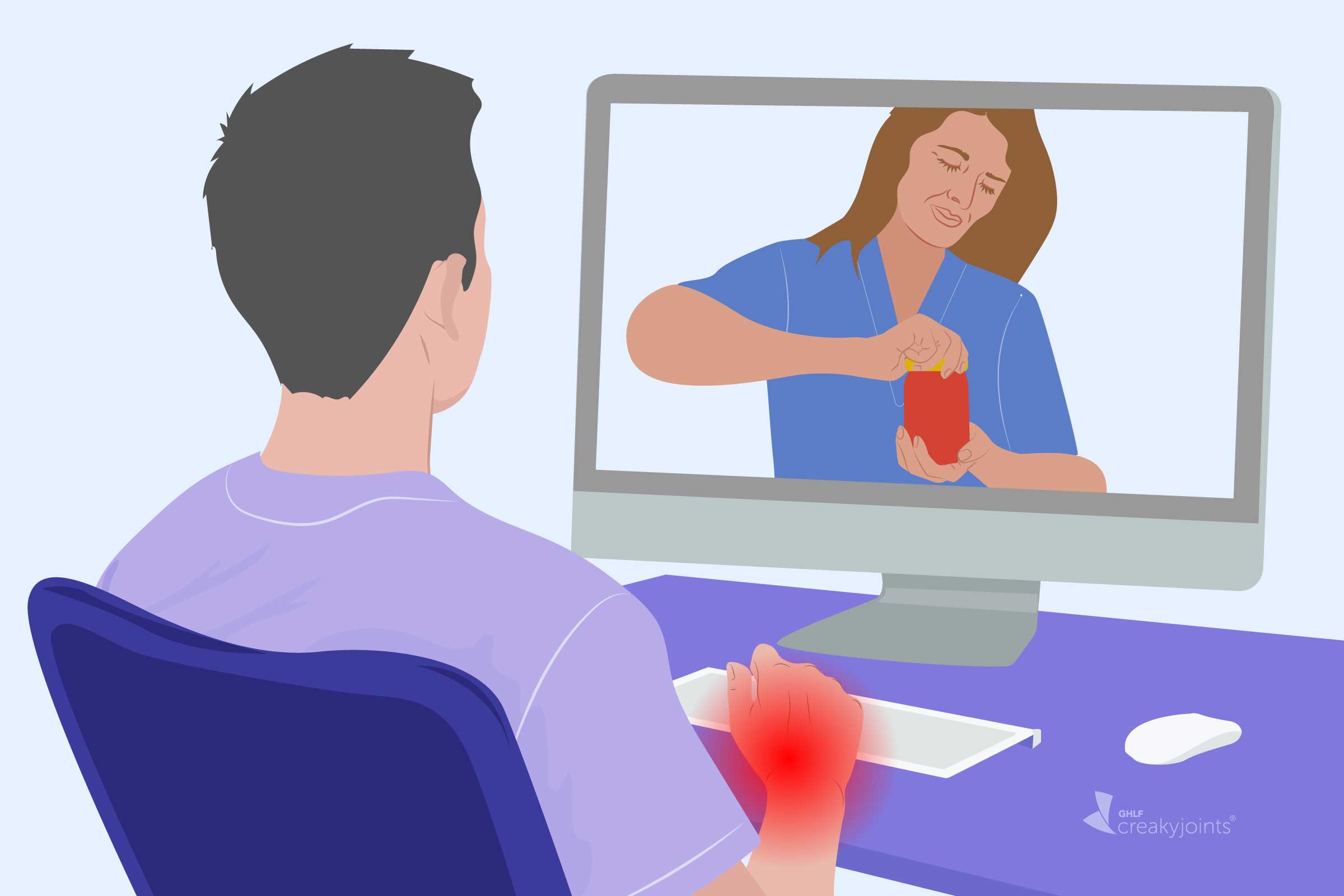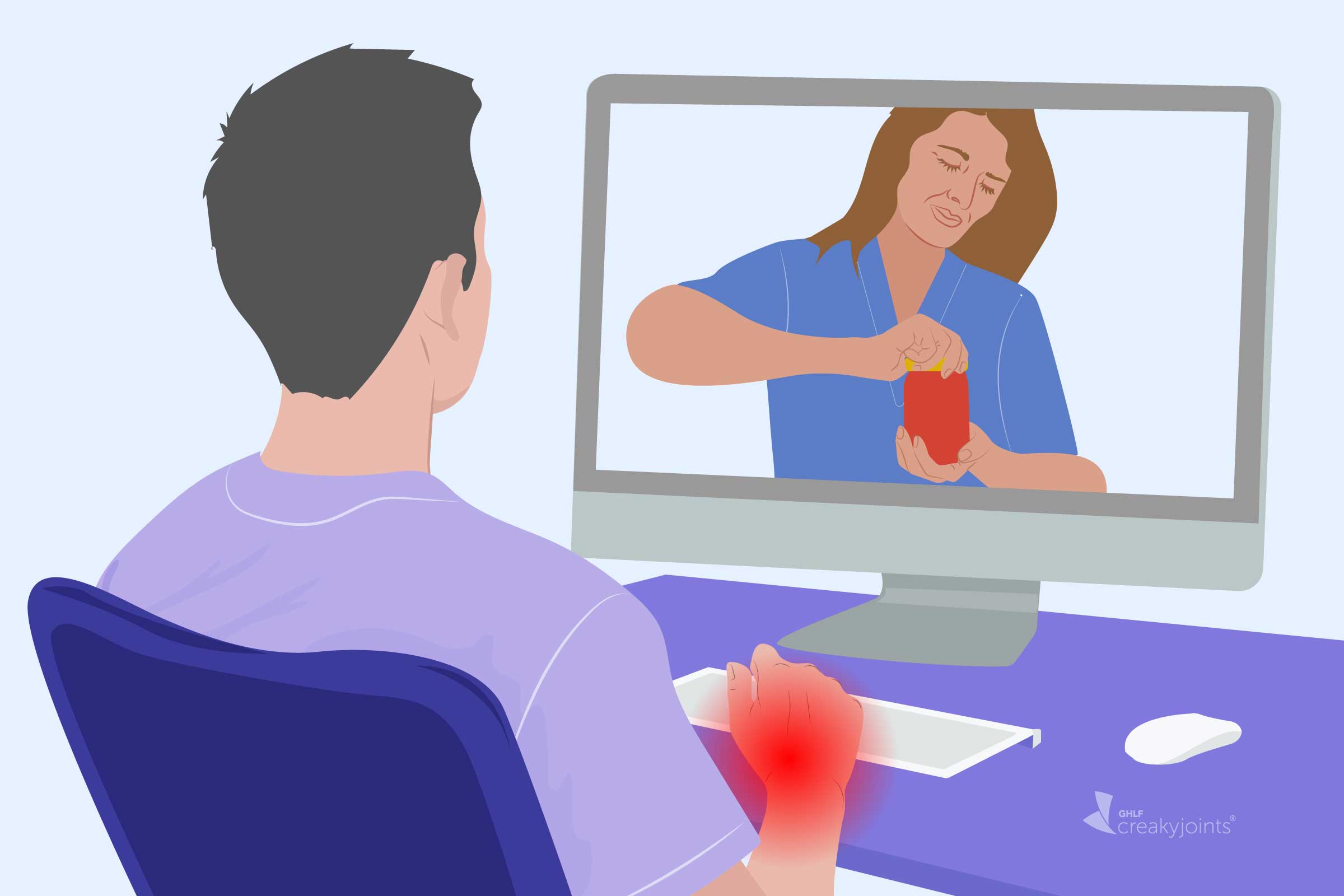Last October, the U.S. Food and Drug Administration created a web page with educational materials about biosimilars, which are drugs that are highly similar to the biologic drugs they were designed to mimic. The new page notes that they are “safe, effective treatment options.”
A 2009 congressional act forged an “abbreviated licensure pathway” for biologics, according to the FDA site, and that pathway helps “provide more treatment options, increase access to lifesaving medications, and potentially lower health care costs through competition.”
A blog post on the new website — co-authored by FDA commissioner Scott Gottlieb and Leah Christl, associate director for therapeutic biologics in the FDA’s Office of New Drugs — notes that the administration wanted to ensure that healthcare providers had the necessary information about available biosimilars.
“An FDA-approved biosimilar is highly similar to — and has no clinically meaningful differences in terms of safety, purity and potency (safety and effectiveness) from — an already FDA-approved biological product, called the ‘reference product,’” they write. “In general, biological products are highly complex and are often used to treat patients with serious and life-threatening conditions.”
In the face of recent criticism of the FDA page from a group called Patients for Biologics Safety & Access, we have issued a statement in strong support of Dr. Gottlieb and the FDA.
“Biosimilars come to America with a strong safety, efficacy and cost-saving history in Europe and Asia. In addition, the U.S. approval pathway for biosimilars requires clinical study to ensure biosimilars meet their safety and efficacy goals,” said Louis Tharp, executive director of the Global Healthy Living Foundation.
“Now is the time to bring biosimilar benefits to patients in the U.S.,” Tharp added. “But, unlike Europe and Asia, America has a complicated healthcare system with many players so biosimilars have not been as quickly assimilated into our treatment protocols.”
GHLF believes that savings from decisions to switch medications should belong to patients, and that those decisions must be made between patients and their doctors.
In an interview with the Center for Biosimilars, Tharp said that the PBSA’s decision to publicize details about the FDA’s educational program suggests it might be trying to discourage the use of biosimilars. “If that was the intent of that news release, we have to stand up and say we can’t agree with that,” he said. “We need to understand what the motives are, and we need to be sure that biosimilars have every opportunity.”



